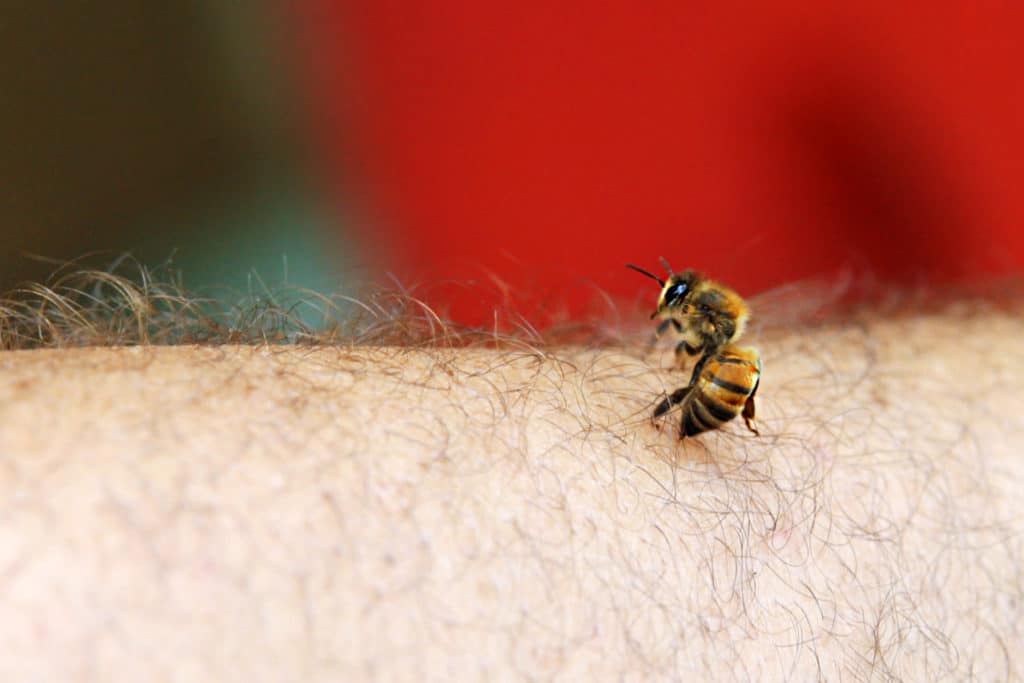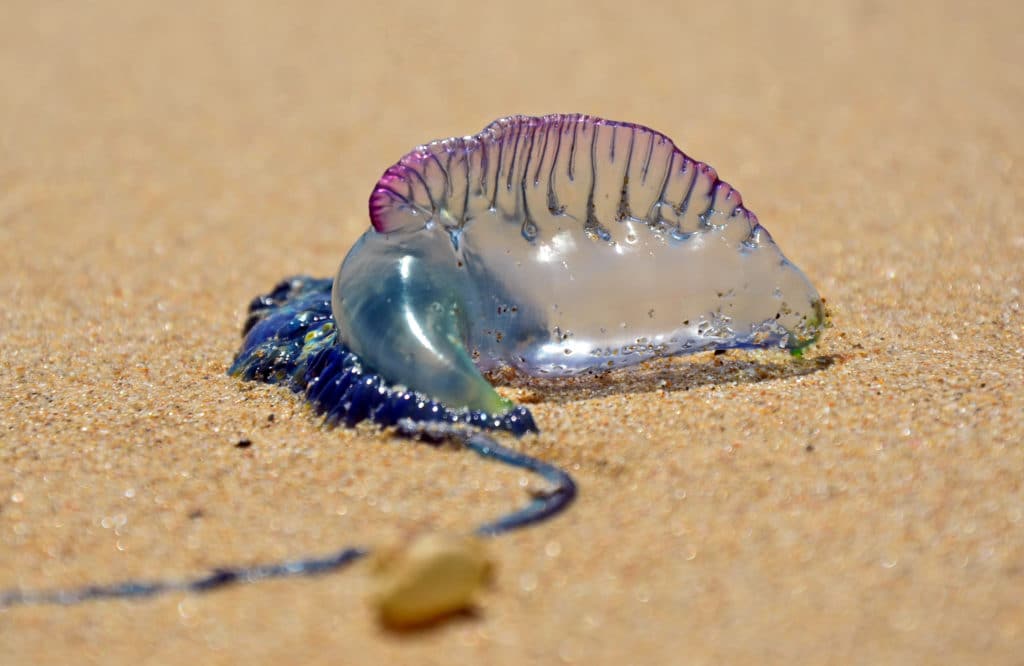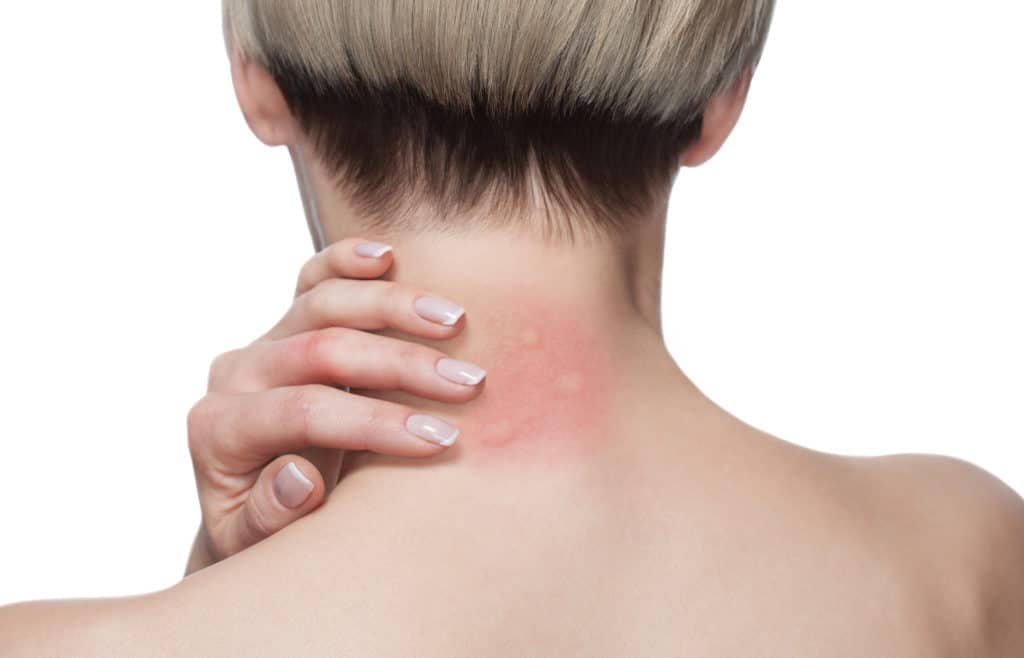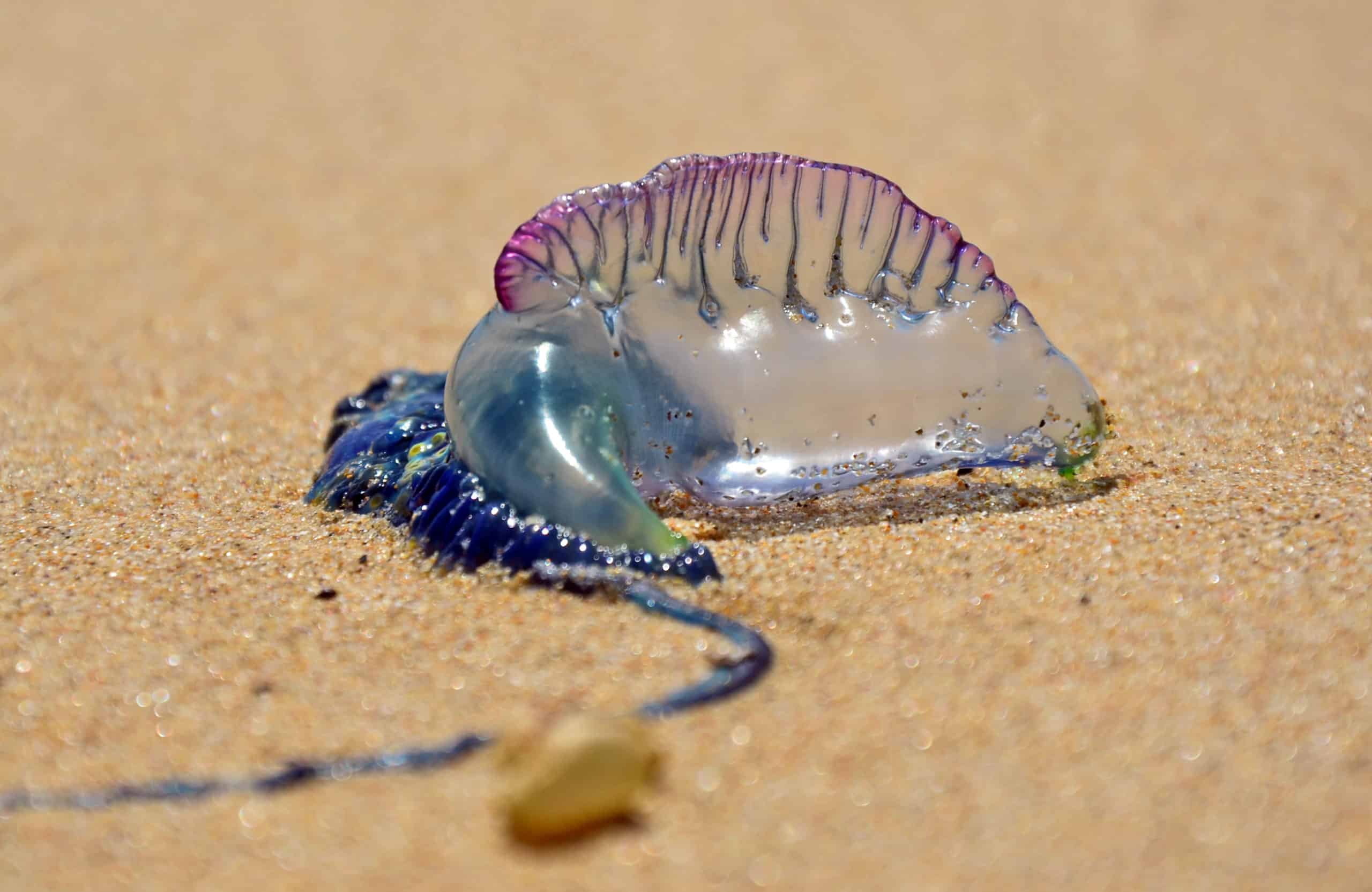With Christmas here already (how did that happen??) and Summer holidays in full swing, it’s a great time to refresh your knowledge of some basic first aid procedures – especially for those things that usually affect us more in Summer! From insect bites to sunburn, it’s unfortunately likely at least one of these Summer first aid tips will come in handy for you and your family this year.
Bee Stings
Like most insects, everyone reacts differently to a bee sting. For some it’s a painful inconvenience, for others it’s an emergency. Here are the steps for treating a bee sting;
- Remove the sting as soon as possible and wash the skin around the affected area.
- A plain, unscented moisturising cream may help to decrease the itch.
- Use cool, wet towels or face washers to help with pain and swelling.
- If an arm or leg is bitten, rest with the limb raised above the heart to reduce the swelling.
- If the itch/sting is not bearable while it settles down, you can take an antihistamine. This medicine can be purchased from the pharmacy.

You should see your GP if:
- they have a lot of pain where they were stung or bitten, and it does not settle down within a few hours
- the swelling or itching gets worse after 24–48 hours
- if you are worried for any reason.
Heat rash
Heat rash usually presents as the appearance of itchy bumps on the skin, caused by prolonged or extreme exposure to high temperatures and moisture – basically, it develops when blocked pores trap perspiration under your skin. To treat a heat rash, try the following;
- In hot weather, dress in loose, lightweight clothing that draws moisture away from your skin.
- Spend as much time as possible in air-conditioned buildings.
- Bathe or shower in cool water with nondrying soap, then let your skin air-dry instead of toweling off.
- Use calamine lotion or cool compresses to calm itchy, irritated skin.
- Avoid using creams and ointments that contain petroleum or mineral oil, which can block pores further.
Swimmers Ear
Swimmer’s Ear is an infection or inflammation of the canal between the eardrum and the outer ear. The range of causes includes water in the ear canal, mechanical damage, chemical irritation and infected hair follicles. Treatment options include antibiotics, anti-fungal preparations and keeping the infected ear dry. While the best treatment for Swimmer’s Ear is administered by a doctor, there are some steps you can take to prevent it occuring;
- Avoid swimming in dirty or polluted waters.
- Wear earplugs when you swim.
- Dry your ears thoroughly after exposure to water.
- To make sure that ear canals are completely dry, use a couple of drops of one part alcohol and one part vinegar in each ear.
- Plug your ears with cotton wool when using hair spray, shampoo or other chemical products.
- Don’t be too enthusiastic about cleaning your ears.
- Avoid poking your fingers in your ears, because fingernails can cut the skin of the ear canal.
Jellyfish Stings
We are so very lucky to live in such a beautiful coastal area – however, the beaches can often be home to some risks of their own! Bluebottles often visit Port Macquarie during the summer, so these tips can help if you or your family ever get stung!
- Carefully remove any remaining tentacles by gently washing the area in sea water and carefully picking off any tentacles, taking care to avoid further stings, preferably by wearing gloves.
- Washing the site of the sting with vinegar is NOT recommended for bluebottle stings.
- Immerse the area where the bluebottle sting has occurred in hot water (45 degrees Celsius) for at least 20 minutes or, if this is not possible, direct a hot shower on the area for this length of time. Be sure to have the rescuer or first aid person check the water temperature, as the adrenaline can often mean the injured party cannot properly assess if it’s too hot.
- Use of hot water is more effective at reducing the pain of bluebottle stings than the previously advised use of ice packs and cold water. However, if hot water is not available a cold pack may help.
- If after this treatment there is continuing pain, itchiness or blistering at the site of the sting, it would be best to visit a doctor who might prescribe a topical treatment such as a cortisone cream to reduce the inflammatory reaction.
- In the tropical north of Australia, the first aid advice for jellyfish stings is slightly different as the box jellyfish and Irukandji jellyfish are found in these waters. Their stings can be life-threatening. Vinegar is effective at stopping the tentacles of these jellyfish releasing more venom (the opposite to the effect on bluebottles). In tropical Australia, if you cannot clearly identify a jellyfish sting as a harmless jellyfish or bluebottle, then it is safer to treat the sting with vinegar and to call for medical help.

Sunburn
This one is pretty likely to affect a larger percentage of us than the others – it’s just so nice outside, and sunburn can get us pretty quickly! Remember, the best treatment is PREVENTION, so be sure to slip, slop, slap! If you do find yourself a little redder than you’d like, here’s some things that could help.
- Cool the skin. Apply to the affected skin a clean towel dampened with cool tap water. Or take a cool bath.
- Apply a moisturizer, lotion or gel. An aloe vera lotion or gel or calamine lotion may be soothing.
- Drink water to prevent dehydration.
- Don’t break small blisters (no bigger than your little fingernail). If blisters break, gently clean the area with mild soap and water, apply an antibiotic ointment, and cover the wound with a nonstick gauze bandage. If a rash develops, stop using the ointment and seek medical care.
- Take a pain reliever such as ibuprofen (Advil, Motrin IB, others) to help with the discomfort and swelling of sunburn. Some sunburn relief medications are gels.
- Avoid more sun exposure while your skin heals from the sunburn.
- Apply an over-the-counter hydrocortisone cream if your sunburn is severe.
Mosquito Bites
It’s sort of part of being an Aussie, isn’t it – the telltale bites on your ankles after a fun Summer BBQ with friends! Sometimes they can be annoying, other times they can really leave a horrible mark – here’s some tips to minimizing the bother that pesky mosquitos can cause.
- Apply firm pressure to the bite for 10 seconds to help stop the itch.
- Use a baking soda paste or hydrocortisone cream 4 times a day to relieve itching. Don’t have either on hand? Put ice or a cold, wet washcloth on the bite.
- Take an antihistamine if the bite is very itchy.
- See you doctor if you believe your reaction is worse than it should be, or if the itchiness doesn’t subside within a few hours.

If you are ever in doubt – remember to always contact your GP, or call 000 in an emergency. It is most definitely better to be safe than sorry. And while living in Port Macquarie is definitely a wonderful privilege – the location and weather can often leave us vulnerable to a few of these potential mishaps! If you’re looking for somewhere to escape the insects, sun or life in general – The Westport Club is here for you in air conditioned comfort, every day of the year.

